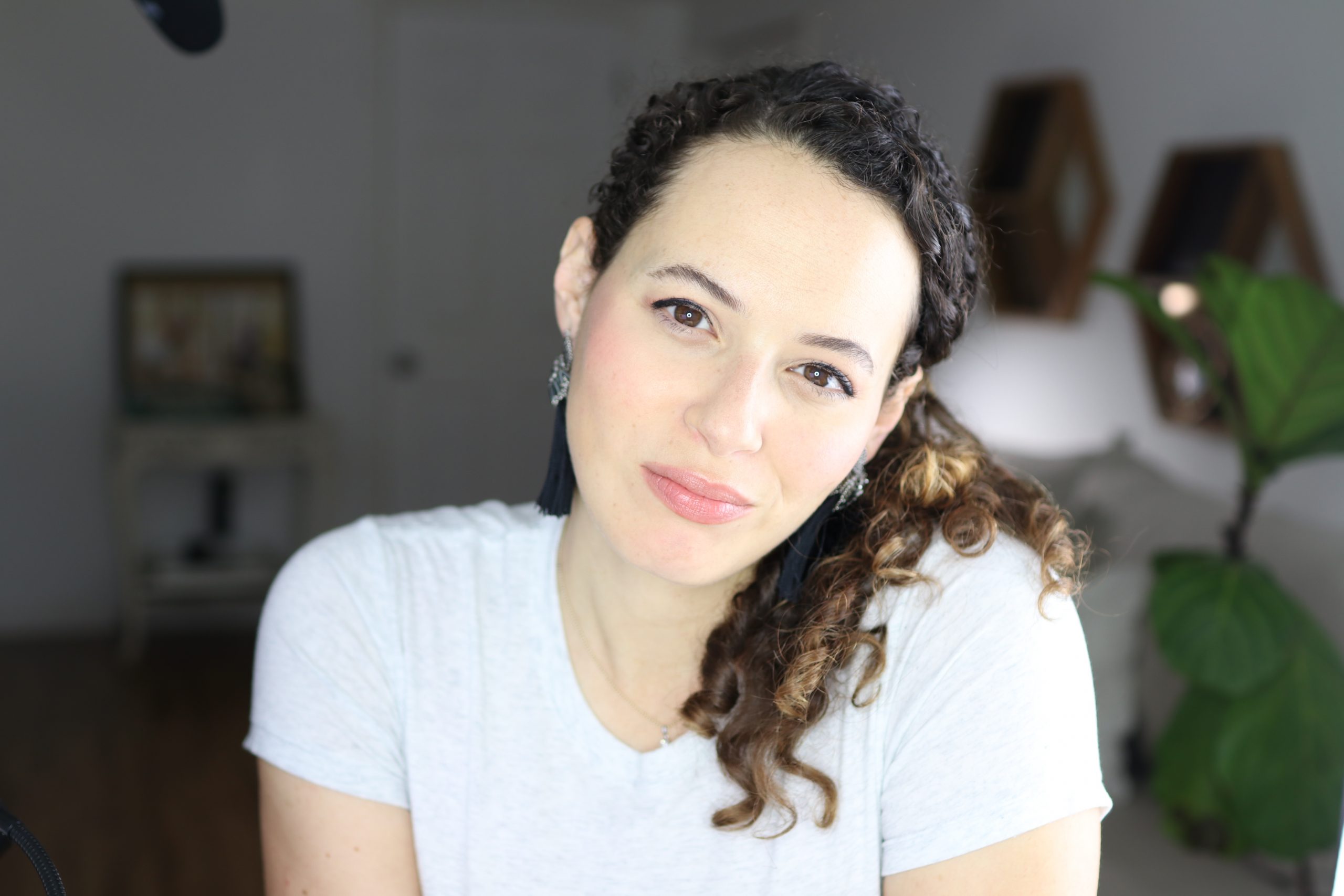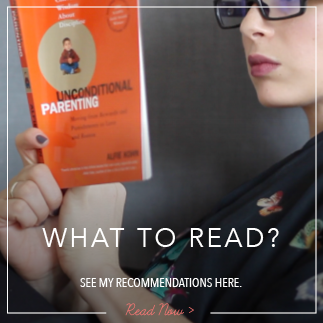How to Deal with Trauma: Processing Events to Avoid Trauma
If you’ve been through something really rough, or perhaps your child has, I’m writing this for you. I want to share a tool with you that helped me learn how to deal with trauma, and even process troubling events in real-time to avoid staying stuck in the trauma.
From a child’s scraped knee to a Holocaust survivor’s story, we will discuss how to process these events to avoid trauma now, and for the rest of your life.
Watch & Learn How to Deal With Trauma
This is the way in which I learned how to deal with trauma.
This is how we ward off future trauma.
This is how we process the parts of our lives that are difficult, challenging, and leave us with a bit of a lump in our throat.
Watch Processing Events to Avoid Trauma on YouTube below.
FINISH STRONG
JOIN THE 30 DAY CHALLENGE
Grab your Finish Strong Guide and together we’ll process what you’ve been through this year, no matter what 2020 has brought to you or taken from you. Let’s forgive the mistakes made, heal lingering wounds, reflect on the lessons learned, and finish the year strong!
Disclaimer:
I’m not a psychologist or a psychiatrist and if you’ve truly been through a trauma that may need clinical or professional help, please seek that out.
Coping with Trauma: Some Get Stuck & Others Grow
Coping with trauma doesn’t come naturally.
Have you ever wondered how two people can go through the exact same bad experience, and come out of it with very different psychological states?
What makes one person traumatized for the rest of their lives, really sensitive, bitter, and depressed – not able to heal and move forward?
Whereas other people can go through the exact same experience and they somehow manage to integrate it into their lives and feel better and stronger as they go.
What is the difference between these two people?
How Those Who Grow Cope with Trauma
While we can’t negate that our genes, upbringing, and what was modeled to us play a complex role in how we cope with trauma, it is still a skill that can be learned.
One of the influences that will differentiate who really takes their stories and events with them through life, and who grows from them is their mindset and what they do to integrate that experience into their lives.
Dr. Dan Siegel talks about this in his book Parenting from the Inside Out. And today I want to invite you to adopt this tool that I have found incredibly helpful.
How to Cope with Trauma – Understand your Childhood
Dr. Dan Siegel shares that if you want to learn how to cope with trauma, you must first understand your childhood.
Someone can go through a pretty traumatic childhood – they could have poor attachment with their parents, maybe even some abuse or neglect.
But once they are able to coherently and cohesively tell that story to themselves, once they can make their narrative make sense in their mind, they are far more likely and capable of healing and moving forward from it.
The trauma doesn’t linger inside of them in the same way if they hadn’t integrated it.
What Happens If You Don’t Understand Your Childhood?
Now, someone who’s gone through an abusive, difficult challenging childhood but doesn’t understand themselves, doesn’t understand their story, who can’t tell it clearly and concisely is still very much in the throws of that experience.
When they try to talk about it they get very mixed messages popping into their brains. They jump back and forth, they change views between their perspective and someone else’s perspective, and they don’t have clarity over what happened, why it happened, and other pieces of the puzzle.
When someone hasn’t processed their childhood, it leaves them in a fog and at the mercy of all of those feelings *suddenly hijacking them* and coming up at any given moment.
People who don’t understand their childhood have less self-awareness so that when they get triggered they can’t make sense of it, they don’t know exactly what it relates to or why it’s coming up now.
When someone has made sense of their narrative, made friends with it in a sense, they actually go a long way to healing that trauma.
How Making Sense of Our Narrative Helps Us Cope
What can we learn from Dr. Dan Siegel about making sense of our narrative? Well, let’s bring it down to a really small example to illustrate.
If a child falls over and scrapes their knee, they’re often crying, they’re upset, and they feel bad for themselves.
So initially they’re flooded by those shocking emotions. (Plus, it’s a literal physical trauma to the body.) And so what happens often is that we, as parents, are kind of motivated to get them to forget it and move on. Like, “Nothing happened! You’re fine, you’re okay, come on.”
And what these things usually do is actually send a child into a state of confusion because there is a complete incongruence between the adult’s reaction and the child’s emotional processing and what they’re internally experiencing. They feel like there’s a complete lack of sync between what the world is seeing they’re experiencing and what they’re experiencing on the inside.
It’s not true that nothing happened. Something did happen – they fell. It might not be a big deal, is maybe what the parent is trying to say. It might not be as bad as they might think but something did happen.
Another Way to Deal with Trauma – Process What Happened
What also happens when children are told that they’re fine, and “nothing happened” when they got hurt is that they don’t get a chance to process what happened.
They don’t get a chance to express the feelings in that moment, they can’t fully cry and let it all out. And they also don’t get a chance to make sense of it.
Tell The Story With Your Kids
So one of the tools to help children to process a trauma, no matter how small, is to tell them what has happened, (and if they’re verbal and able to, for them to tell us what has happened.)
They can’t do it immediately, they’re probably a little wounded and they need to cry, but pretty soon after we can say, “you were running along and you didn’t notice that there was a crack in the sidewalk and you tripped and you fell! You caught yourself with your hands which was great, cause that protected your face, but your hands got scraped and your knees got a little bit bloodied and you’ve got a shock and that really hurt.”
Now, some parents will say, well, why would I say that to them? Why am I wanting them to it relive it?
It might feel counter-intuitive but the surprising truth is that when we re-live traumas, when we re-tell the difficult stories that happened to us, we integrate them into our mind and they lose their punch.
They actually get a little bit less of a sting.
The Consequences of a Story Untold
When we don’t tell a child what really happened, when we suppress the story and the feelings and we don’t talk about it, then these feelings might manifest in other ways like… “irrational” fears, big tantrums, or recurring tummy aches.
From Hurt Knees to Holocaust Survivors, Processing is Important
My grandparents are Holocaust survivors and one of the things that can still be very common amongst Holocaust survivors is that they would not tell their terribly painful stories for the first few decades.
But what has happened is that many Holocaust survivors have found a certain level of catharsis in telling their story – have found a certain healing, found a certain level of processing in releasing those emotions and letting it out and making sense even of things that you can’t make sense of.
Tell the Story to Help Cope with Trauma
So when our child falls what we want to do is tell the story with them. We tell the story and what you’ll find is that children will often tell the story again and again and again. So much so, that eventually it becomes boring and that’s what we want.
We want it to become something that they can just tell without crying again, without getting upset again because they’ve gone through it, they’ve processed it and they’ve desensitized themselves to it.
So How Is This Something We Can Use for OurselvesToday?
Let’s bring this past year as an example. Were there certain things that happened this year that surprised you, that shocked you, that disappointed you? Big frustrations, big let downs, perhaps massive losses, massive transitions, changes or difficulties that you faced?
Maybe you’re going through lots of different things like every human is, and as you look back at it maybe it still feels like a complete mish-mash.
Maybe you can’t quite make sense of what happened – when and why? How did we get to where we got to? Why is this happening? What were the series and the sequence of events?
It can feel overwhelming and perhaps if I asked you about how this year has been for you, you might get a lump in your throat, have a physical reaction, or your body would tense up. Maybe it’s incredibly raw for you to think about it.
Let’s Process What’s Been Happening To Us
My invitation to you today is to join me on this Finish Strong journey and process the things that have happened to us this year. You can tell your story creatively to yourself, to your journal, through dance, through art, to a friend… It doesn’t matter.
But tell your story of this past year, of the trauma that it may have brought up, of the grief that it may have triggered, or even if just the annoyance and the irritations.
And do the same with your children, when they’ve gone through something difficult, tell it, allow them to tell it back to you, let them draw a picture of it, let them make a video about it, sing a song about it. Use whatever creative modality is necessary in order to integrate it so that it doesn’t have the scary power that we can’t talk about it.
This is How to Deal with Trauma
This is how to deal with trauma.
This is how we ward off future trauma.
This is how we help to integrate the parts of our lives that were difficult and that were challenging and that leave us with a bit of a lump in our throat.
Together, let’s process what you’ve been through this year, so that you can forgive the mistakes made, heal lingering wounds, reflect on the lessons learned and finish the year strong.
If you think this video might be helpful for someone else who’s gone through a tough time, or someone else who has a kid who’s going through a tough time, please share this article with them today.








0 comments